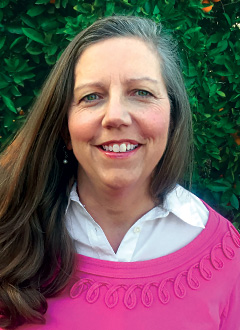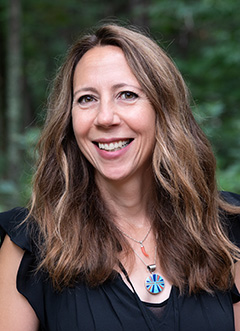 Margaret Wilson was a classroom teacher for 15 years. She has taught kindergarten, first, second, fifth, sixth, and seventh grade. She has also worked as an assistant principal, professional developer, coach, and curriculum developer. She is the author of nine books, including The Language of Learning and Teasing, Tattling, Defiance and More.
Margaret Wilson was a classroom teacher for 15 years. She has taught kindergarten, first, second, fifth, sixth, and seventh grade. She has also worked as an assistant principal, professional developer, coach, and curriculum developer. She is the author of nine books, including The Language of Learning and Teasing, Tattling, Defiance and More.





